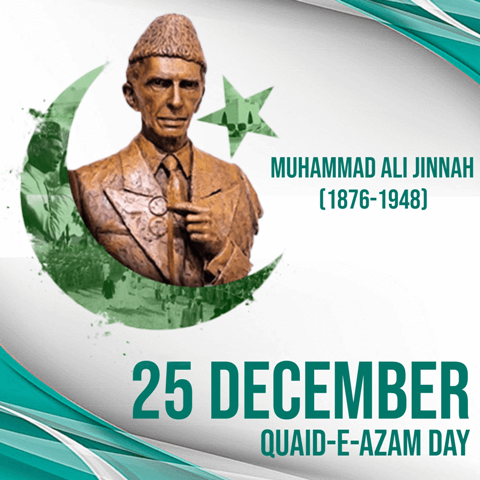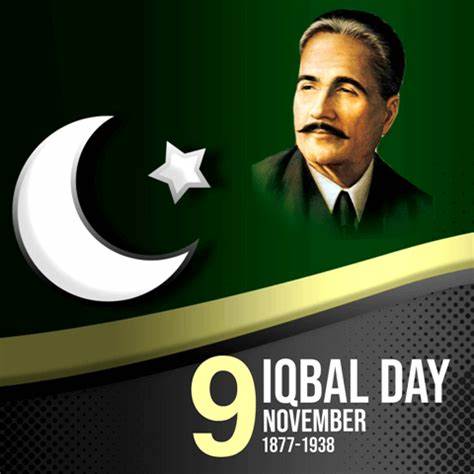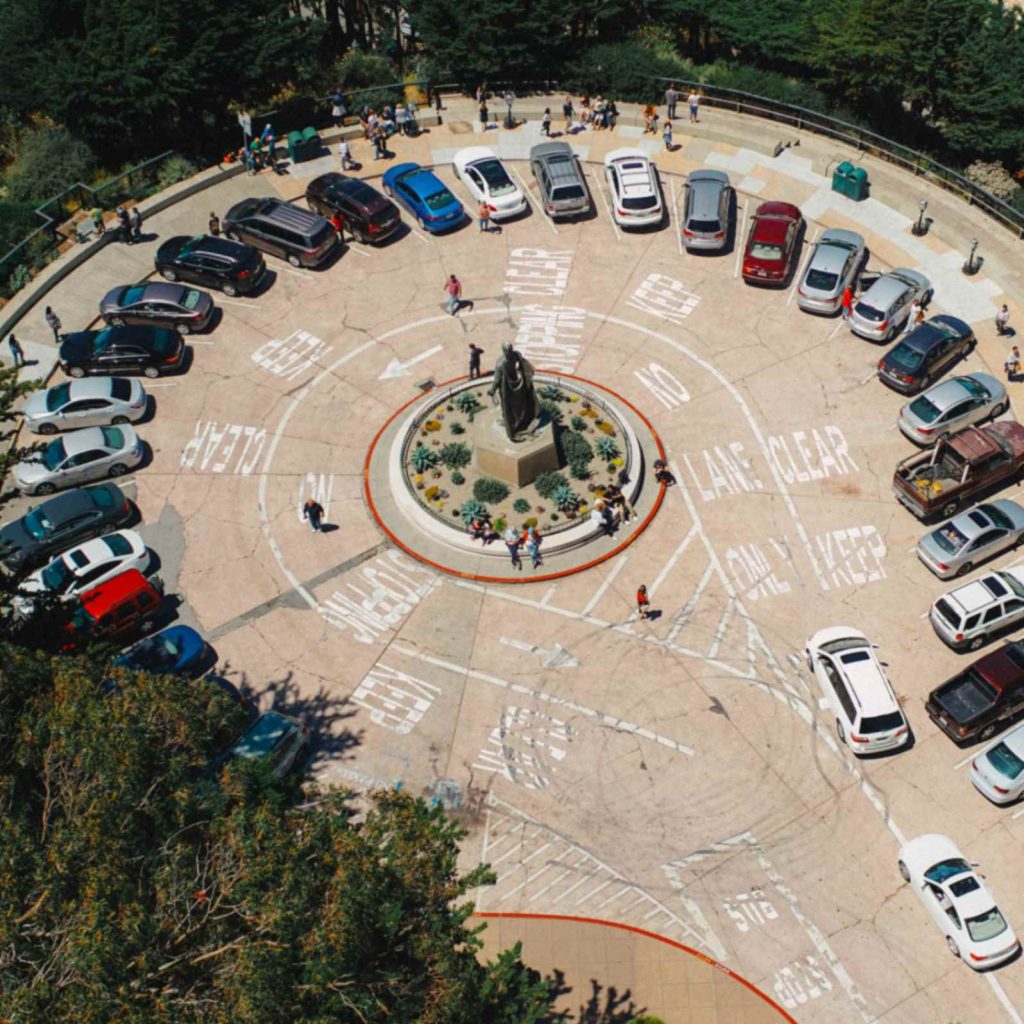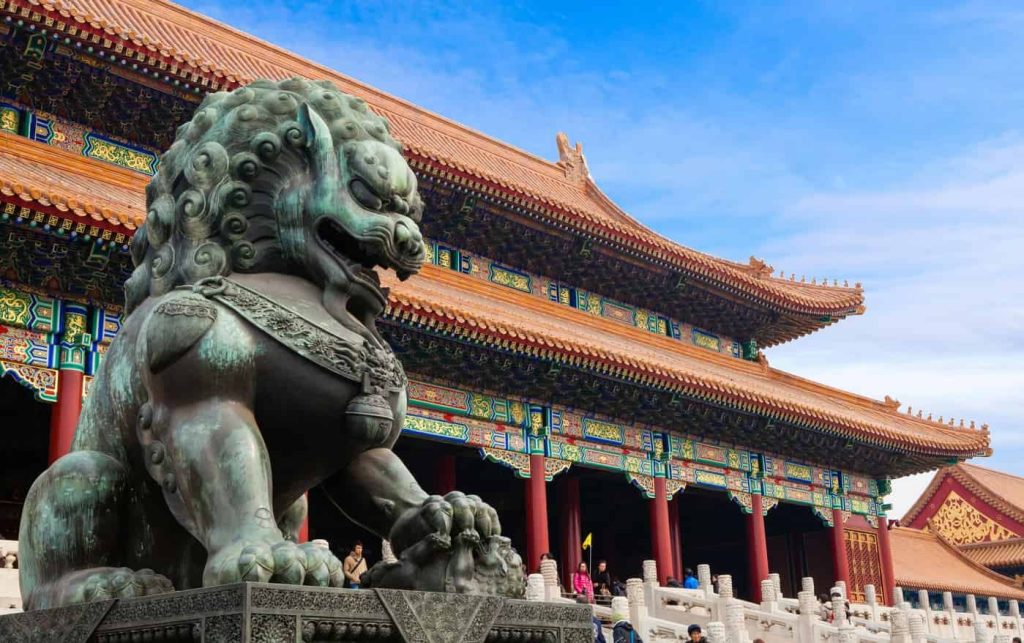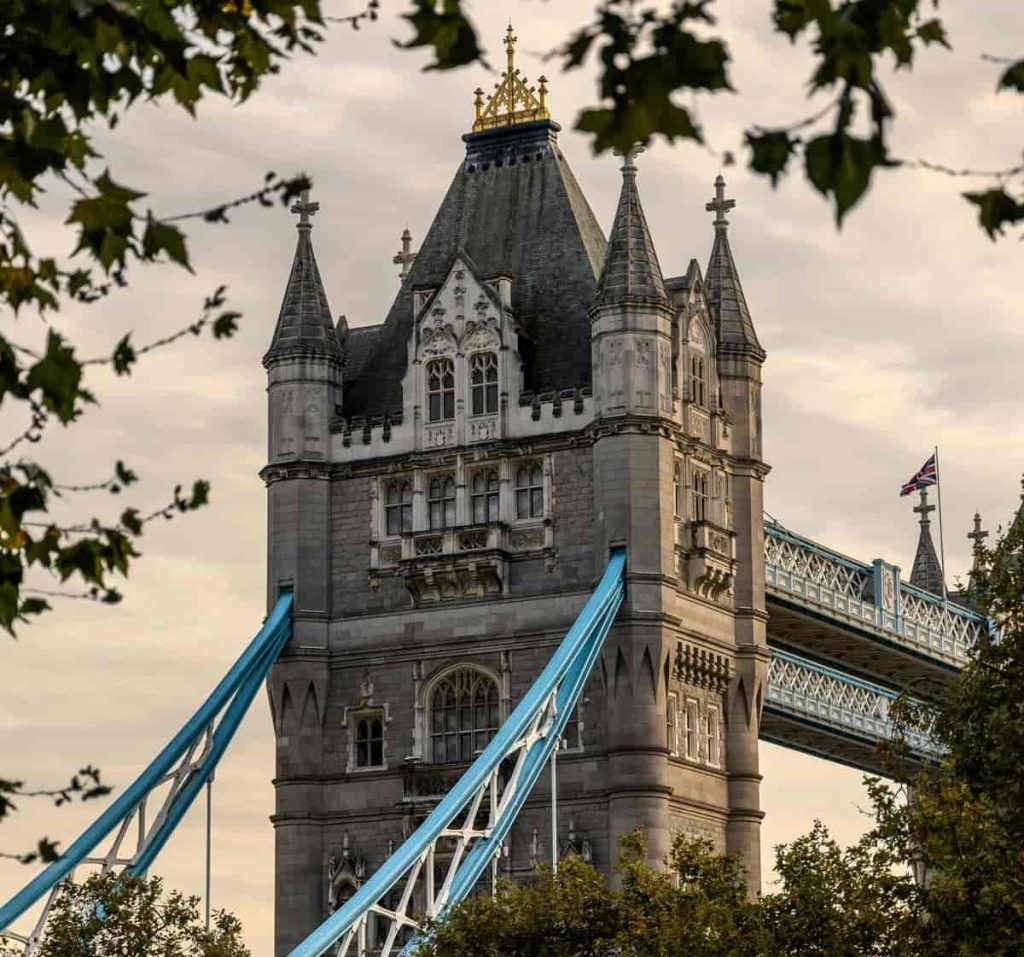December 25th holds a special place in the hearts of Pakistanis, as it marks the birth anniversary of Muhammad Ali Jinnah, the founder of Pakistan, affectionately known as Quaid-e-Azam (the Great Leader). This day is celebrated with reverence and respect, reflecting on the monumental contributions of Jinnah in the creation of Pakistan. His vision, leadership, and unwavering commitment to the cause of a separate nation for Muslims in the Indian subcontinent are remembered and honored on this day.
Early Life and Education
Muhammad Ali Jinnah was born on December 25, 1876, in Karachi, which was then part of British India. He was born into a mercantile family and was the eldest of seven children. His early education took place at the Sindh Madrasa-tul-Islam and later at the Christian Mission School in Karachi. Jinnah’s father, Jinnah bai Poonja, was a prosperous merchant, which provided young Jinnah with a stable upbringing.
In 1892, at the age of 16, Jinnah traveled to London to pursue higher studies. He enrolled at Lincoln’s Inn, one of the oldest and most prestigious law schools in the world. It is said that Jinnah chose Lincoln’s Inn because the name of the Prophet Muhammad (PBUH) was included in the list of great lawgivers engraved at the entrance. Jinnah completed his studies and was called to the bar in 1896, becoming one of the youngest Indians to be admitted to the British bar.
Political Career and Vision
Upon returning to India, Jinnah began his legal practice in Bombay (now Mumbai). He quickly gained a reputation as a skilled and astute lawyer, but his interests soon turned towards politics. In 1906, he attended the Calcutta session of the Indian National Congress, where he met prominent leaders like Dadabhai Naoroji and Gopal Krishna Gokhale. Jinnah was initially a staunch advocate of Hindu-Muslim unity and worked closely with the Congress.
However, over time, Jinnah became disillusioned with the Congress’s policies, which he felt were increasingly ignoring Muslim interests. In 1913, he joined the All India Muslim League, an organization dedicated to protecting and promoting the rights of Muslims in India. Jinnah’s eloquence, intellect, and persuasive skills made him a natural leader within the League.
Jinnah’s vision for a separate Muslim state began to take shape in the 1930s. He argued that Muslims and Hindus were distinct nations with their own customs, religion, and traditions, and that Muslims needed a separate homeland to practice their faith freely and preserve their cultural identity. This vision was encapsulated in the famous Lahore Resolution of 1940, where the Muslim League formally demanded the creation of Pakistan.
Struggle for Pakistan
The years leading up to the creation of Pakistan were marked by intense political negotiations, communal tensions, and a relentless struggle for independence. Jinnah’s leadership was pivotal during this period. He negotiated with the British government, engaged with the Congress leadership, and mobilized support among Muslims across India.
Despite facing numerous challenges, including opposition from both the British and the Congress, Jinnah remained steadfast in his commitment to the cause of Pakistan. His health was deteriorating, but his determination never wavered. He tirelessly campaigned, addressed rallies, and articulated the demands of the Muslim League with clarity and conviction.
The culmination of Jinnah’s efforts came on August 14, 1947, when Pakistan emerged as an independent nation. Jinnah became the first Governor-General of Pakistan, a role in which he worked to lay the foundations of the new state. He emphasized the importance of democracy, rule of law, and equal rights for all citizens, regardless of their religion or ethnicity.
Legacy and Impact
Jinnah’s legacy extends far beyond the creation of Pakistan. His vision for a democratic and inclusive Pakistan continues to inspire generations. He envisioned Pakistan as a country where people of all faiths could coexist peacefully and where the principles of justice and equality would prevail.
Jinnah’s speeches and writings reflect his commitment to these ideals. In his address to the Constituent Assembly of Pakistan on August 11, 1947, he famously stated, “You are free; you are free to go to your temples, you are free to go to your mosques or to any other place of worship in this State of Pakistan. You may belong to any religion or caste or creed—that has nothing to do with the business of the State.”
Quaid-e-Azam’s vision for Pakistan was rooted in his belief in the inherent dignity and worth of every individual. He sought to create a society where justice, tolerance, and mutual respect would be the guiding principles. His emphasis on education, economic development, and social welfare laid the groundwork for Pakistan’s future growth and progress.
Celebrating Quaid-e-Azam Day
Quaid-e-Azam Day is celebrated with great enthusiasm and patriotism across Pakistan. The day begins with special prayers and recitations from the Quran, seeking blessings for the country’s prosperity and unity. Various events and activities are organized to pay tribute to Jinnah’s leadership and to educate the younger generation about his contributions.
Schools, colleges, and universities hold seminars, debates, and essay competitions on Jinnah’s life and legacy. Students participate in quizzes, speeches, and presentations, highlighting different aspects of Jinnah’s personality and his role in the freedom movement. These activities aim to instill a sense of pride and national identity among the youth.
Government officials and political leaders also participate in ceremonies and events to commemorate Quaid-e-Azam Day. Special programs are broadcast on television and radio, featuring documentaries, interviews, and historical accounts of Jinnah’s life. Newspapers publish special editions with articles and features dedicated to Quaid-e-Azam, reflecting on his vision and its relevance in the contemporary context.
In Karachi, where Jinnah’s mausoleum (Mazar-e-Quaid) is located, a special ceremony is held to honor his memory. The President, Prime Minister, and other dignitaries lay wreaths at the mausoleum and offer prayers. The mausoleum is beautifully decorated, and people from all walks of life visit to pay their respects to the founder of the nation.
Jinnah’s Enduring Relevance
Quaid-e-Azam’s vision and principles remain relevant in today’s Pakistan. As the country faces various challenges, from political instability to economic disparities and social tensions, Jinnah’s ideals serve as a guiding light. His emphasis on unity, faith, and discipline continues to resonate with Pakistanis striving for a better future.
Jinnah’s legacy is also a reminder of the importance of leadership, integrity, and perseverance. His unwavering commitment to the cause of Pakistan, despite numerous obstacles, exemplifies the qualities of a true leader. In times of crisis, Jinnah’s life story serves as an inspiration, encouraging people to remain steadfast and work towards the greater good.
Furthermore, Jinnah’s advocacy for minority rights and religious freedom is particularly pertinent in today’s global context. His vision of a pluralistic society, where people of different faiths and backgrounds can live together in harmony, is a goal that many nations aspire to achieve. Jinnah’s message of tolerance and inclusivity is a powerful reminder of the values that underpin a just and equitable society.
Conclusion
Quaid-e-Azam Day is more than just a commemoration of Muhammad Ali Jinnah’s birth; it is a celebration of his enduring legacy and the values he championed. Jinnah’s vision for Pakistan, rooted in principles of justice, equality, and unity, continues to inspire and guide the nation. As Pakistanis reflect on Jinnah’s contributions and celebrate his life, they are reminded of the immense sacrifices and unwavering determination that led to the creation of their homeland.
In honoring Quaid-e-Azam, Pakistanis renew their commitment to building a nation that upholds the ideals he envisioned—a nation where every citizen, regardless of their background, can thrive and contribute to the collective progress. Jinnah’s legacy is a testament to the power of visionary leadership and the enduring impact of a steadfast commitment to one’s principles. As Pakistan moves forward, the teachings and ideals of Quaid-e-Azam Muhammad Ali Jinnah remain a beacon of hope and inspiration for all.
